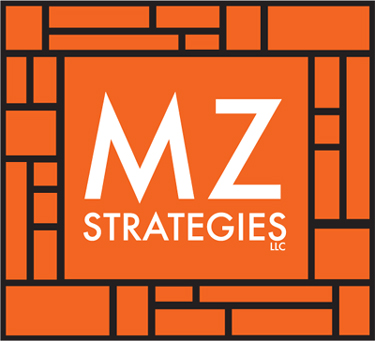Imagine If We Really Committed to Building Livable Communities
Read my latest reflections from this year's Rail~Volution, my pitch for voting on the 50 Most Influential Urbanists, and highlights of new research by AARP and MZ Strategies documenting how states, regions and localities are stepping forward to support transit-oriented development and walkable urbanism. We still have far to go to restore the walkability and vibrancy in our communities so that living well without a car becomes more viable, but many places are stepping up. While a start, we need many more to follow suit.
Read More…